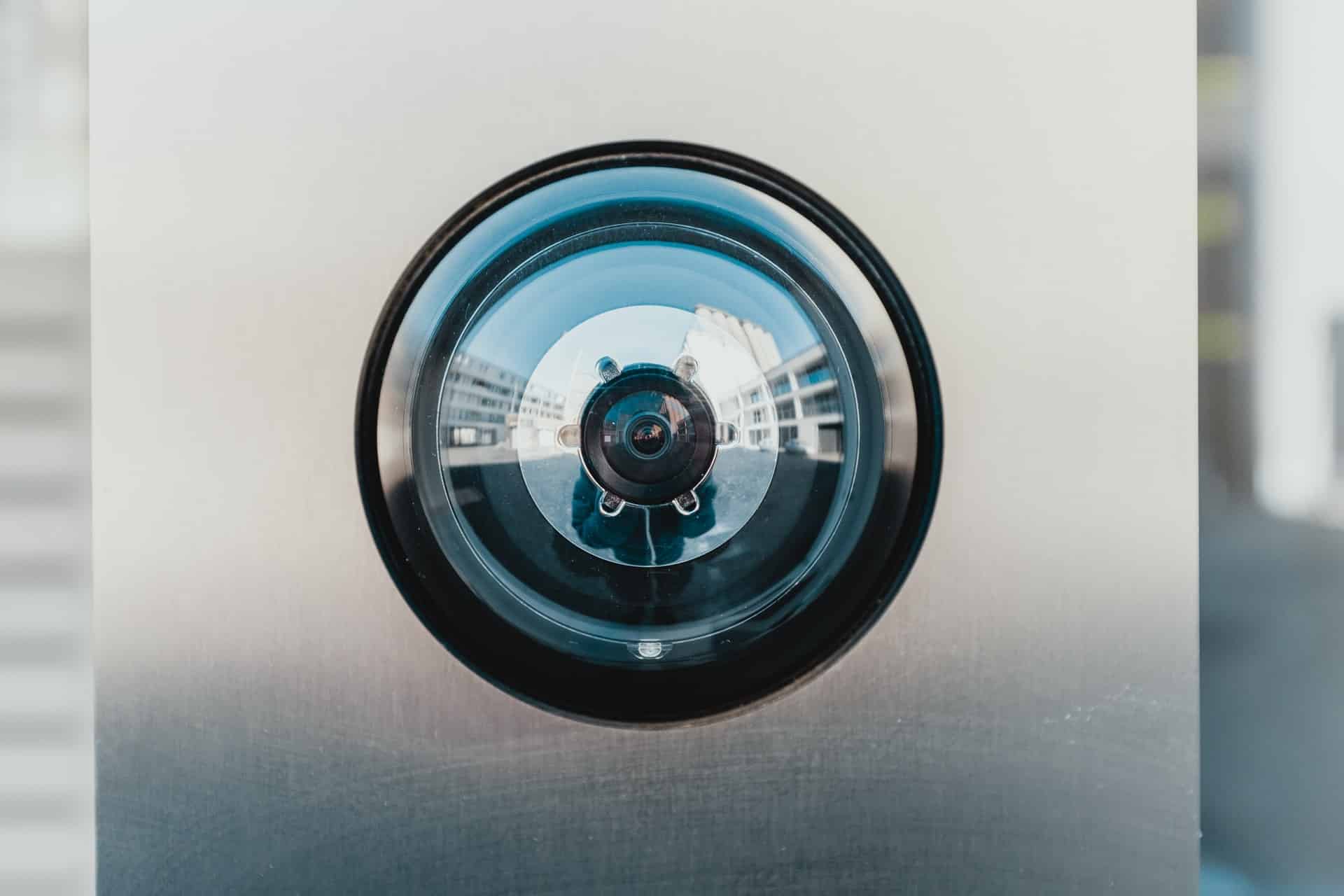Even though a vaccine for the coronavirus is on the horizon, many employees have illustrated a willingness and ability to work from home, a trend that doesn’t look to be going anywhere anytime soon. Larger tech companies like Twitter have also shown that they’re confident that teams can continue to work remotely, pressuring other businesses to follow suit, or at least offer more flexible options for employees wanting to work from home part of the week. All of this means that it’s becoming more and more important to ensure that your house is properly equipped for being home more often.
With more people spending time indoors and buying habits changing to favor delivery for everything from groceries to clothing, the chances are high that you’ll be spending more time handling deliveries while you’re home, too. This is where something like a video intercom system could come in handy since it allows you to field deliveries and other solicitations without having to worry about getting up from work to answer the door.
That being said, there are definitely some pros and cons to having a video intercom installed on your front door. Read on to learn more about the different factors that might affect whether or not a video intercom makes sense for you and your home.
IMAGE: UNSPLASH
Understand Why Homeowners Choose A Video Intercom For Their Home
When it comes to replacing a traditional intercom, a video intercom system offers a lot of benefits for homeowners as well as property managers. For starters, it’s much more convenient to be able to respond to your door’s buzzer using a smartphone and a mobile application, rather than having to deal with the hassle of leaving the room you’re in to get to the buzzer in time.
A video intercom also lets you screen out solicitors or welcome family members into your home by letting you handle door entry through a virtual key or even manage a delivery PIN for Amazon deliveries or community gates.
Just like homeowners, property managers can also find a lot to love from the convenience of a video intercom. Whether you’re wanting to offer your tenants a more luxe living experience or just need access control solutions for a few entrances around your premises, with the best video intercom, it’s easier than ever to deter potential intruders and improve your building entry experience.
Plus, with the way that you can integrate smart locks, keycards, and other property management features, you’ll never need to fret about directory updates or switching the locks on your community gates if you have to evict a tenant.
What You Should Keep In Mind When Looking At Different Systems
While the rich set of features and operational efficiency offered to property owners by a video home intercom system go well beyond the traditional functionality of a doorbell, that’s not to say that a video intercom is perfect. Especially if you’re using it for a property access system at more than your main gate, you’ll need to dedicate team time to get the system set up and properly configured. Additionally, in order to use many video intercom systems, you need to have an internet connection and Wi-Fi in order to rely on your system.
That being said, with more and more businesses needing an internet connection in order to operate, it’s not entirely fair to count the fact that Wi-Fi is needed for a video home intercom system or property access system as much of a drawback. The important thing to remember is to prioritize the features that you want over the potential drawbacks. Especially if the idea of a delivery PIN and managing an intercom with your smartphone seems like the sort of living experience you’re after, it makes sense to go for it.
If you are interested in even more lifestyle-related articles and information from us here at Bit Rebels, then we have a lot to choose from.


COMMENTS